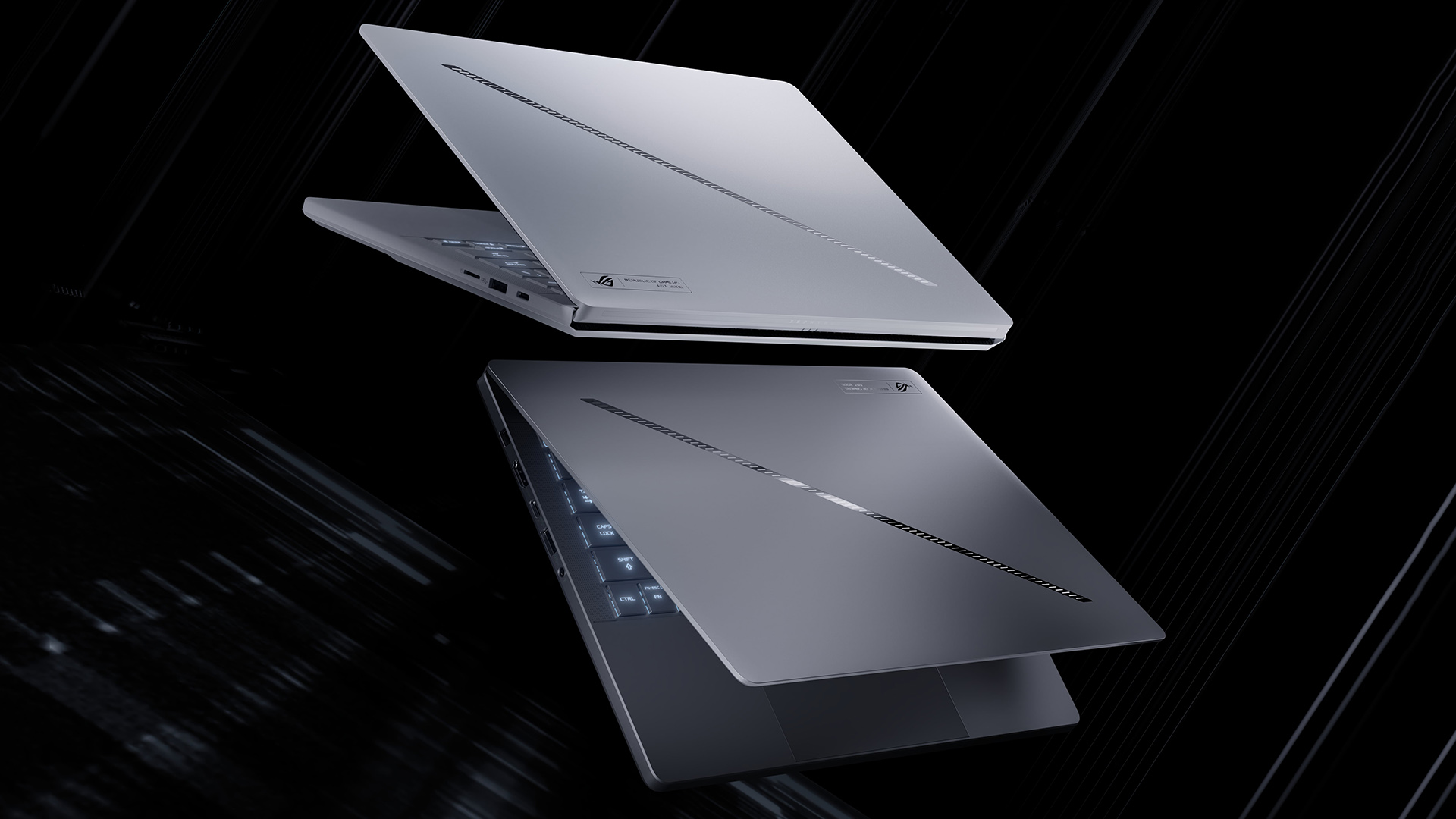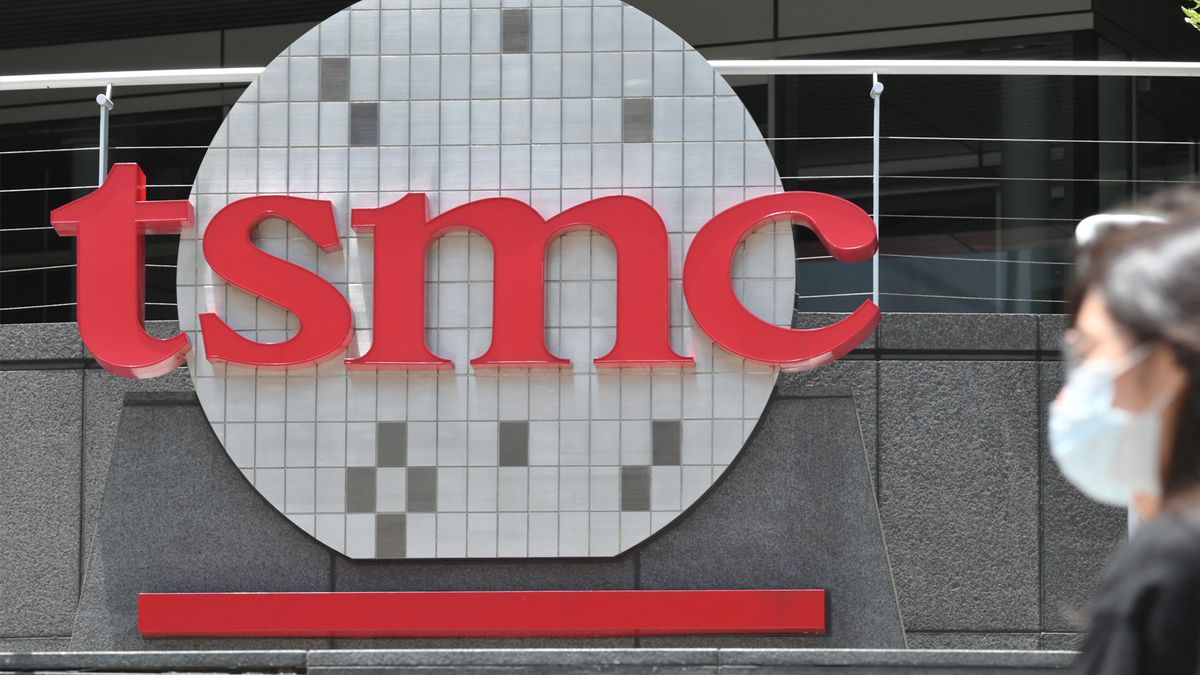Asus said during its earnings call that it has moved most of the production of its motherboards and PCs out of China. During the company’s 2Q 2025 Investor Conference call, one participant asked about Asus' supply chain resilience for the U.S. market, which was when the speaker confirmed that the company is expanding its production bases to other sites in Southeast Asia. This is in addition to the company moving its server production into the U.S. by the end of quarter four, last year.
“For both motherboards and PCs, we are expanding production bases in Southeast Asia beyond China — this will include sites in Thailand, Vietnam, and Indonesia,” said the Asus representative. “At this point, over 90% of our production for these products has already been distributed to these new regions.”
President Donald Trump shocked the world in early April 2025 by placing tariffs on all its trading partners. China responded negatively to this, resulting in an escalation of the trade war between the nations that resulted in 125% tariffs on American goods and 145% import taxes on Chinese products at one point. Fortunately, the two sides eventually met at the negotiating table, resulting in a temporary 10% and 30% tariff, respectively. Trump even extended the deadline that China and the U.S. needed to reach a deal to November this year, allowing them more time to find a middle ground.
Still, the volatility between U.S. and China relations had Asus finding other countries that are a bit more stable, at least in terms of its relationship with Washington. Thailand and Indonesia both secured a 19% tariff rate, while Vietnam had a marginally higher 20% import tax. This is significantly smaller than the current 30% put on Chinese goods. These lower rates will make it easier for Asus to absorb some of the higher taxes, but it still says that it might have to pass on a part of the cost to consumers or its distribution network if the cost is too high.
The company is still eligible for the tariff exemption on PCs, phones, and other electronic devices, but that could change at any time. The situation remains volatile. Recently, Trump has promised to put 100% tariffs on chips, although he’s exempting companies that build semiconductors in the U.S. Asus says that many of the chips that it uses for its products come from TSMC, so it’s taking that into account in its costing. However, it’s still unclear how the exemptions will work, so it does not know how it will be affected yet.
Separating manufacturing into three different countries might cost more and make logistics for Asus more difficult. But it’s also mitigating the risk of going all-in on building production lines in a single country. Hopefully, the company can maintain or lower its costs so that the consumer does not end up needing to pay more for the same item in the near future.
Follow Tom's Hardware on Google News to get our up-to-date news, analysis, and reviews in your feeds. Make sure to click the Follow button.
Get Tom's Hardware's best news and in-depth reviews, straight to your inbox.

 3 months ago
44
3 months ago
44






 English (US) ·
English (US) ·